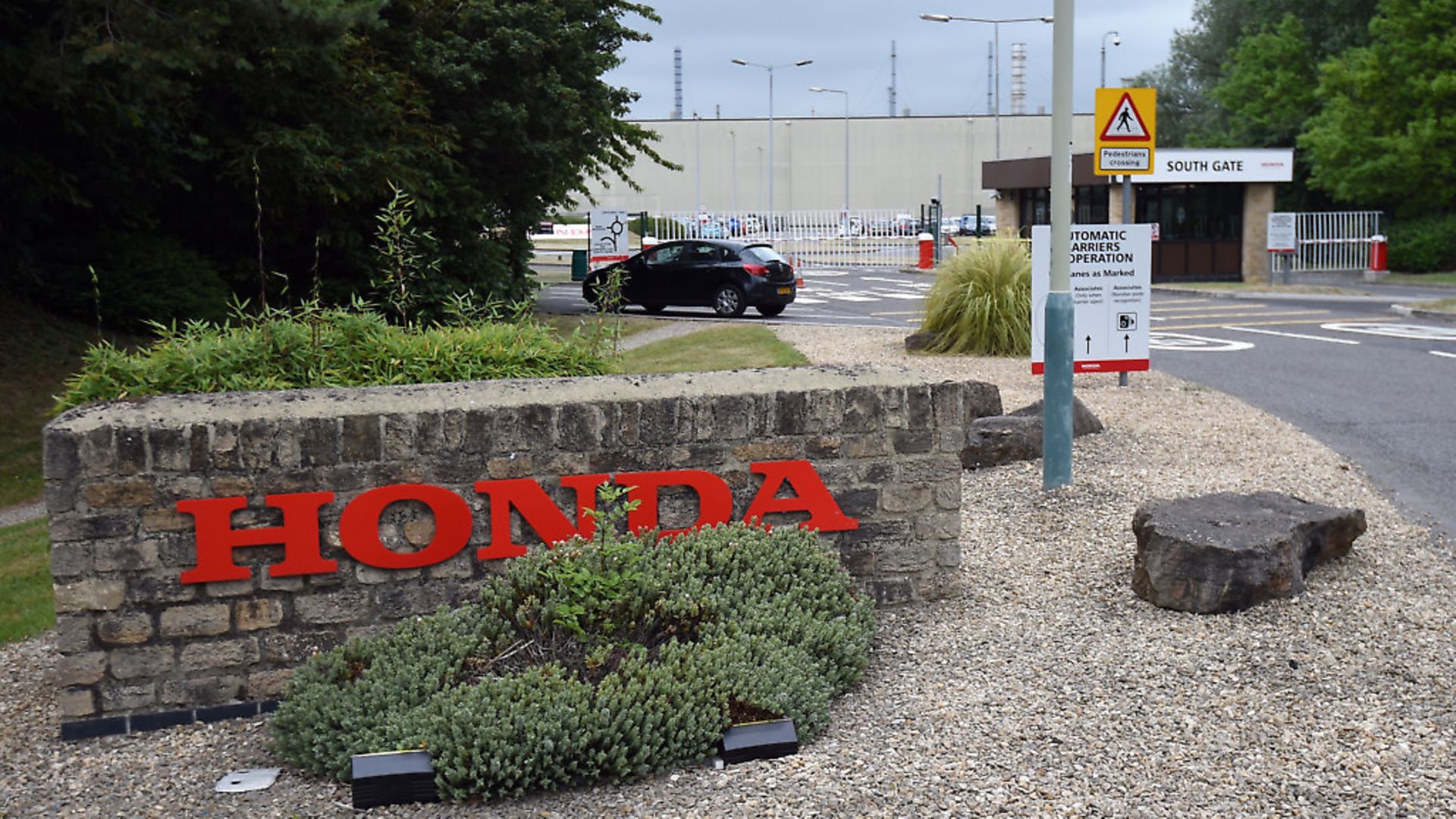
After Honda’s decision to close its Swindon car plant, the former transport secretary says the rail industry will follow.
Honda this week gave its 3,500 staff the same notice of closure – two years – as the UK gave of its intention to leave the EU.
Two years seems to be the going rate for deliberately planning an economic and social catastrophe. It takes much longer to build afresh. Witness the experience of Japanese investment into the UK over the 30 years of Honda’s operations in Swindon.
I speak from personal knowledge as the transport secretary who a decade ago helped persuade Hitachi, arguably the world’s greatest modern train builder, to construct their highly successful train factory in Newton Aycliffe in County Durham. And to locate the headquarters of Hitachi Rail Europe – note the title – in London.
The business opportunity was twofold. The British government was seeking to place a huge order for new trains to replace the Inter City 125s built by British Rail in the mid 1970s. And the European train market was being opened to competition thanks to the EU. This raised the prospect of Hitachi being able to challenge the effective duopoly of Germany’s Siemens and France’s Alstom – the two giants which last year tried to merge in order to resist competition, but have just been refused this by, yes, the EU.
Hitachi’s initial preference was to bid to build Britain’s new high-speed trains largely in Japan. I made it clear to all the bidders that we wanted their trains only if built in the UK. These were entirely overseas companies because British train manufacturing collapsed in the 1980s and 1990s.
There was a long pre-history. Hitachi had built the new Javelin trains operating on Kent’s high speed line. These were just coming into service when I took office and impressed me, as did Hitachi’s assembly plant in Ashford. Hitachi saw this as an initial entry into the UK market, but most of the design and much of the construction were done in Japan. The issue was whether they would make a much deeper commitment to R&D and manufacturing in the UK.
I found myself conducting a one-man industrial policy. It succeeded for three interlocking reasons, which go to the heart of Brexit.
First, Hitachi drew on the successful experience of Japanese car manufacturers in the UK. The choice of County Durham for their factory was directly influenced by Nissan’s presence in Sunderland since the 1980s, with its dense web of supply chains and local connections.
Second, Hitachi and the Japanese government, which became a party to the discussions, were persuaded that the British government meant what it said about long-term investment. The fact that I was the minister taking forward plans for HS2 on a cross-party basis helped.
Third, Hitachi and the Japanese state saw this as an opportunity to enter the European market, not just the British. And not just in rail. Hitachi also set up UK plants for wind turbine and nuclear energy. Britain’s membership of the EU was indispensable.
I cannot exaggerate the importance to the Japanese of being treated with courtesy, respect and consistency. The moment my policy nearly came to grief was when David Cameron suddenly announced he might not honour the new train contract if he won the 2010 election. In the event he did, but we nearly lost Hitachi.
So when the Brexiters say that Honda’s withdrawal is nothing to do with Brexit – and the ‘proof’ is that this is what the company has said in public – this is pure rubbish. The Japanese are far too polite to blame their hosts, but the only significant thing that has changed in the six months since Honda said they were ‘definitely’ staying in Swindon is the imminence and ever-worsening prospect of Brexit – not least that promises made to the Japanese government by Theresa May two years ago have not been honoured.
Oh, and look at who else has announced they are leaving the UK or scaling back in the last six months. Nissan and…Hitachi.









